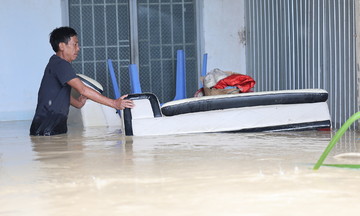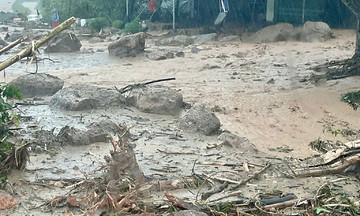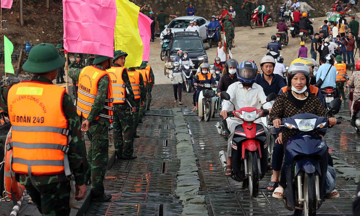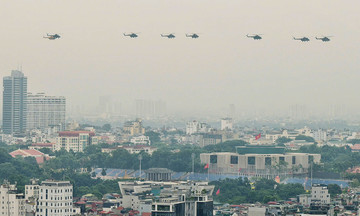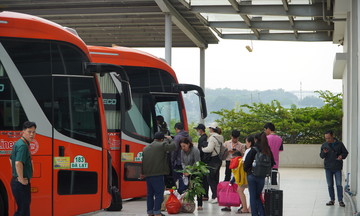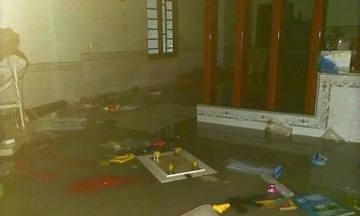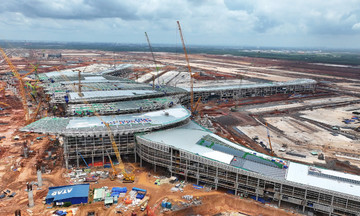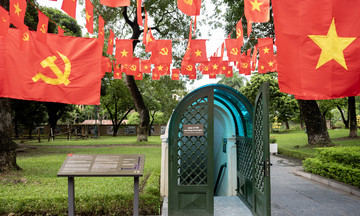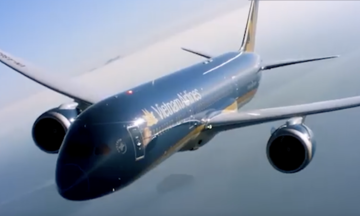At a conference on environmental protection and public health in the capital on 15/7, Hanoi's Vice Chairman Duong Duc Tuan emphasized that phasing out gasoline-powered vehicles is inevitable. Hanoi will research the most suitable support policies for residents within Ring Road 1 when the ban on gasoline motorcycles takes effect from July 2026.
According to Mr. Tuan, the transition is not solely the government's responsibility, but requires the participation of businesses and residents. The city will encourage vehicle manufacturers to offer electric vehicles with preferential pricing and operational costs. It will also propose continued exemption and reduction of registration fees for electric vehicles.
Alongside supporting residents in switching vehicles, Hanoi will standardize the system of charging and battery swapping stations for electric vehicles, integrating safety requirements such as fire prevention, firefighting, and rescue. Multiple companies will be involved in these stations, facilitating a smooth transition for residents.
In addition, the city will expand the public transport network with electric vehicles, converting all buses, taxis, and 4- to 16-seat shuttles operating within Ring Road 1. The urban railway system's development will also be accelerated to meet travel demands when personal vehicles are restricted.
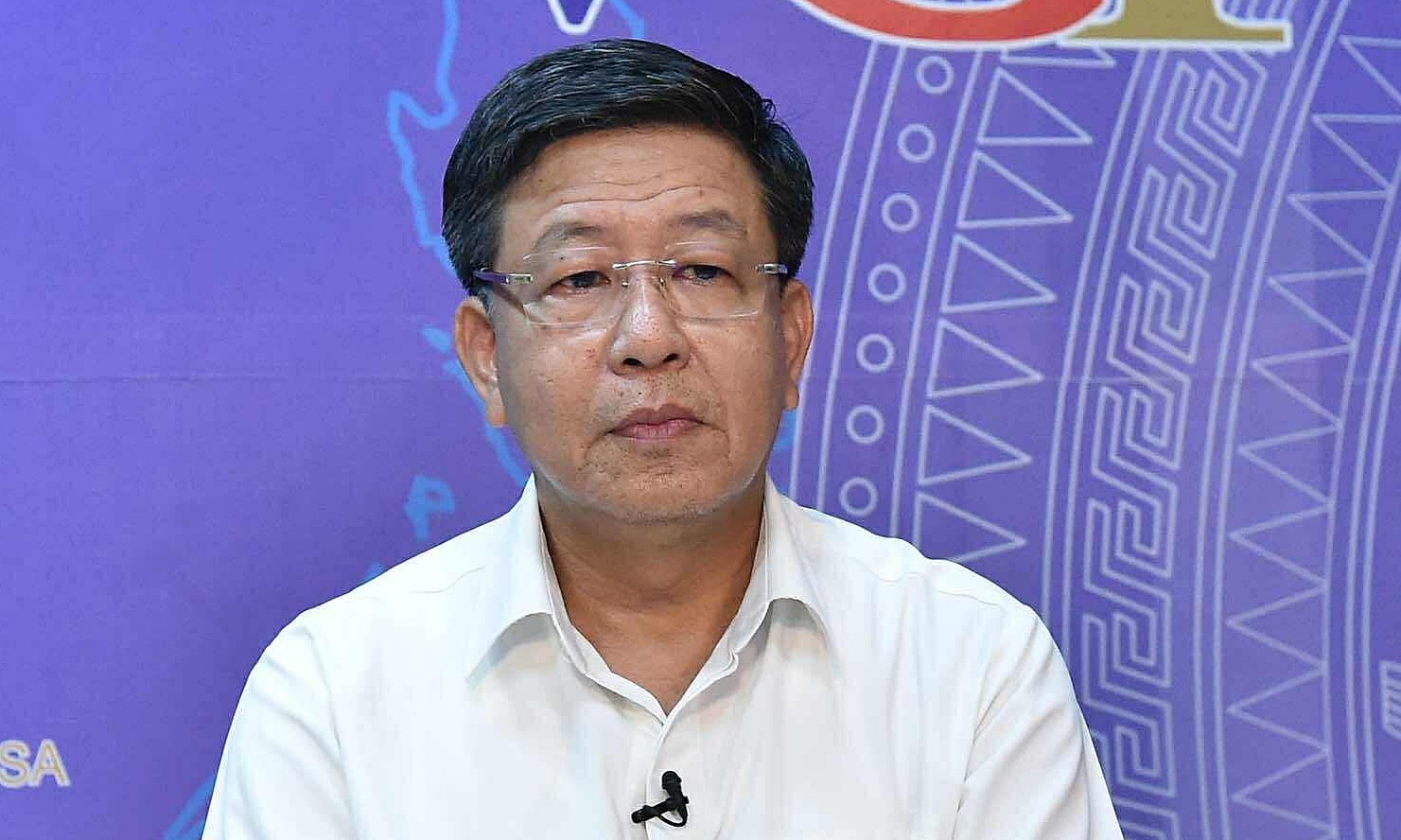 |
Hanoi's Vice Chairman Duong Duc Tuan. Photo: VGP |
Hanoi's Vice Chairman Duong Duc Tuan. Photo: VGP
Following the Prime Minister's directive issued on 12/7, gasoline motorcycles will be banned within Ring Road 1 from 1/7/2026. By 2028, the ban will extend to Ring Road 2 and from 2030 to Ring Road 3, also including restrictions on gasoline-powered cars.
Hanoi currently has about 6.9 million motorcycles, with approximately 450,000 within Ring Road 1, serving a population of 600,000 in the historic inner city. Mr. Tuan cited studies showing that gasoline motorcycles contribute to 60% of Hanoi's air pollution, while about 70% of vehicles currently in use are older models with difficult-to-control emissions. The city is also planning an emissions inspection schedule for motorcycles from 1/7/2027.
Developing an air pollution forecast
At the conference, Hoang Duong Tung, Chairman of Vietnam Clean Air Network, shared experiences from major cities like Beijing, Jakarta, and European countries. He noted that these cities simultaneously implemented bans on gasoline vehicles, promoted clean vehicles, and invested heavily in public transport infrastructure.
Based on international practices, Mr. Tung suggested that Hanoi needs a comprehensive support policy, particularly focusing on operational safety, a charging network, and the capacity of public transport before banning gasoline motorcycles.
Hoang Van Thuc, Director of the Environment Department (Ministry of Agriculture and Rural Development), said the ministry is developing an air pollution forecasting system similar to weather forecasts. This bulletin will allow residents to monitor air quality daily and serve as a tool for urban environmental policy management.
Vu Tuan



